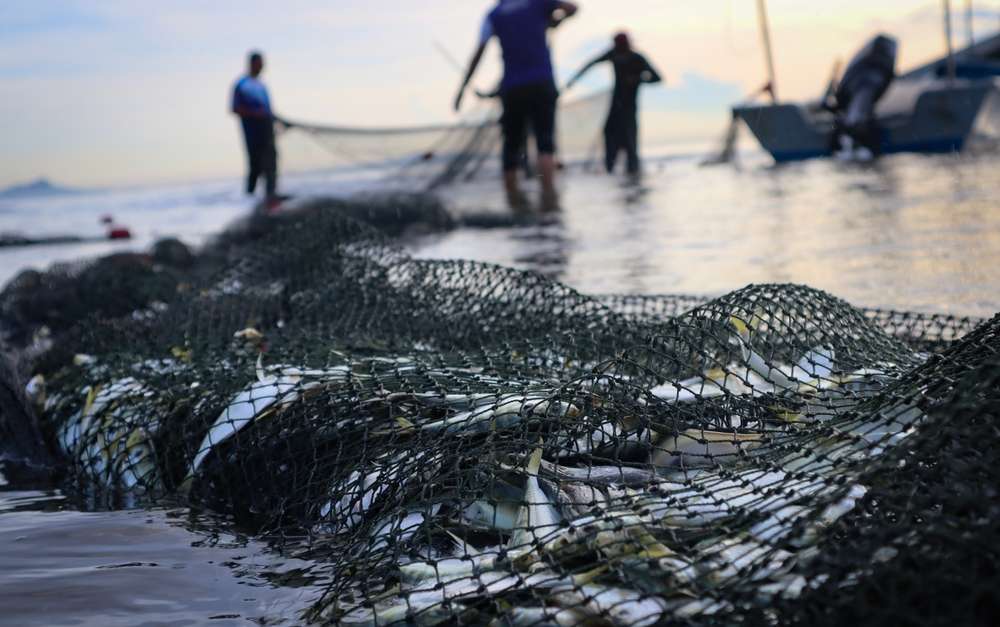A new briefing for business commissioned by Oxfam, “Emerging Good Practices on Embedding Human Rights into Seafood Procurement” provides a roadmap for businesses on how to ensure that their procurement practices support their human rights commitments
Investigations continue to show largescale human rights abuses in the seafood sector. Just in the last few years, there have been findings of significant harm in the squid sector, shrimp sector and tuna sector.
Businesses have actively tried to address this. It is increasingly common for seafood buyers to have human rights commitments in place. There has also been growth in certifications and new initiatives to address abuses.
However, the overall approach of seafood buyers has been that their processes couldn’t be part of the problem and rather that the problem is somewhere else, specifically in the vessels, fisheries and farms they buy from. Problems need to be addressed in these far away locations– not through reviewing their own business models.
However, its become increasingly clear that the problem isn’t a far away one, but are the consequences of decisions taken at global buyers headquarters and their business models.
In particular, several new studies have directly shown how procurement practices – the day-to-day practices of buying teams of large seafood buyers - can enable human rights abuses. Though sustainability teams may have led on human rights commitments, buying teams are often still rewarded for pushing suppliers to provide goods at the lowest cost, without recognizing the unintended consequences to human rights.
Sustainability Incubator illustrates that the price often paid for shrimp isn’t enough to cover human rights in production. Corporate Accountability Lab shows this focus on lowest price has led to retailers moving procurement away from countries with stronger human rights regulations to those with weaker ones, where goods are cheaper.
Toward a new approach
A number of buyers though are trying to improve their practices, in line with their human rights commitments. This new briefing for business from Oxfam aims to explore this by outlining the steps that some businesses are taking and what others can learn from them. It analyzes the status quo and outlines the business case for change. It aims to inspire more buyers to assess and improve their procurement practices and to provide concrete steps for how to do this.
Based on interviews with seafood buyers as well as other stakeholders and a literature review, the briefing analyzes emerging good practices in eleven areas on embedding human rights considerations into procurement:
- Leveraging existing human rights and environmental due diligence (HREDD) frameworks
- Ensuring supply chain traceability
- Developing human rights key performance indicators for procurement teams
- Training procurement teams and decision-makers on human rights impacts
- Embedding human rights personnel within procurement teams
- Valuing long-term sourcing relationships
- Moving toward responsible contracting
- Pursuing sustainable costing in price negotiations
- Adopting preferential sourcing from suppliers that respect human rights
- Using procurement to support living wages
- Offering financial and technical support to help suppliers implement good practices
The briefing then sets out actions for businesses to ensure alignment of their procurement and human rights commitments, which are organized around five steps: laying the right foundations, embedding human rights into buying teams, enhancing relations with suppliers, incentivizing suppliers to improve human rights practices and assessing impacts of changes. By taking these steps, global buyers can move to clearer alignment between procurement strategies and human rights standards, and toward leadership on human rights.
Read the full briefing for business, “Emerging Good Practices on Embedding Human Rights into Seafood Procurement”




